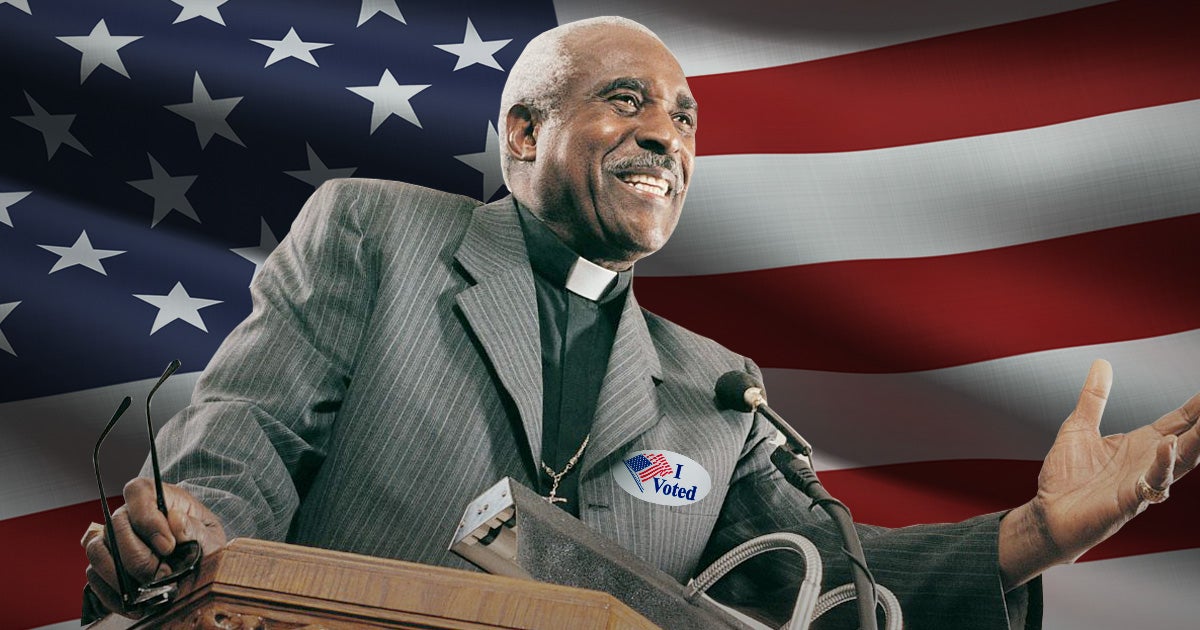by Jorge Gomez, Senior Writer • 5 min read
As the 2020 election rapidly approaches, religious leaders and people of faith across the country are asking, “What are my rights when it comes to addressing political issues?”
With hostility to religious expression at a boiling point, there are a lot of misconceptions about what rights and freedoms pastors and houses of worship have on political matters. Opponents of religious freedom often manipulate information to make you believe that politics and the pulpit may never converge, making pastors fear legal ramifications if they mention or participate in politics.
But the truth is, that fear isn’t based on the law. It’s a scare tactic of the secular Left who seeks to silence and suppress people of faith from voicing their opinions and beliefs.
In this edition, our team of experts break down six critical facts that you and your religious community need to know during election season.
Today’s “cancel culture” tolerates no dissent—making religious Americans its first target.
Join First Liberty in the fight to stop this toxic ideology that seeks to censor and keep you from freely living out your faith.
Give Today
4 Things Churches and Pastors Are Legally ALLOWED to Do During Elections
The number of things pastors can do during election season far outweigh the number of things they can’t do—in both quantity and importance.
- It’s Okay to Speak About Political Issues in the Church
It is a misconception that pastors cannot address political issues—even “hot button” issues like abortion, same-sex marriage and gun control—from the pulpit. Any person or entity that attempts to silence a pastor for addressing these issues is violating that pastor’s constitutional rights under the First Amendment. Pastors have every right under the First Amendment to talk about any of those issues, and there’s never been any case in American history that said pastors can’t do that. Historically in America and in many places around the world, government and religion have never been mutually exclusive concepts; rather, they coexist. America’s Founders saw religion as a necessary component to a healthy, moral society—not a taboo topic to bar completely from the political realm; neither was political talk to be barred from churches. Sermons on politics, government and controversial issues were common at our nation’s founding, and popular among pastors and churches on varying sides of the political spectrum.
- Religious Leaders Can Educate Their Congregation About Politics
Religious leaders are tasked with equipping their congregants in works of service, and that includes representing their faith and morality in the voting booth. Pastors are fully protected when it comes to issues like educating members of their church about the political process, handing out non-partisan voter guides and flyers so members can read about each candidate’s platform, and even providing the opportunity for members to register to vote.
- Inviting Political Candidates to Speak at Church is Allowed
Contrary to popular belief, pastors and churches can invite political candidates to address their congregation from the pulpit, as long as all the candidates in a race are included in the invitation. What if only one candidate accepts the invitation and shows up? No problem!
- Pastors Can Participate in Politics in Their Individual Capacity
Serving in ministry does not disqualify pastors or other religious leaders from their individual rights as U.S. citizens. Pastors can participate on political campaigns, hold office on political campaigns, and even endorse a candidate in their individual capacity.
2 Things Religious Leaders CANNOT Do During Elections
According IRS regulations, there are only two things that pastors and churches, when classified as a 501(c)(3) organization, cannot do:
- A Church Entity May Not Endorse One Candidate Over Another
This does not mean that a pastor—in his individual capacity as an American citizen—may not endorse one candidate over another. A 501(c)(3) church or organization may not, however, endorse one candidate over another or be publicly against one candidate over the other.
- A Church May Not Give its Money to One Candidate Over Another
This doesn’t mean that pastors or church members, in their individual capacities as American citizens, cannot donate to the political campaign of their choice. They can even be the Campaign Chair for a candidate if they want. But an official 501(c)(3) organization may not donate church funds or resources to one political candidate over another. Of course, this is not something we have ever seen churches desiring to do.
Need to share or take this information with you?
Download a FREE copy of First Liberty’s resource:
Church & Government: Know Your Legal Rights
Download Now
